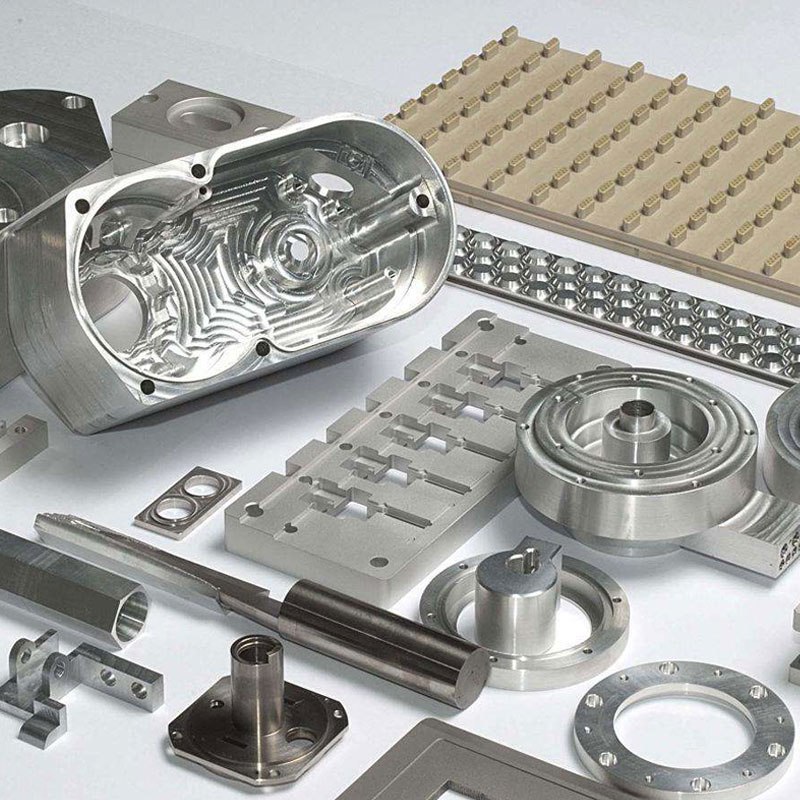The maintenance of the surface of the titanium rod usually does not need to be too complicated. Generally speaking, it is not necessary to clean the recognized surface for corrosion protection. This is similar to stainless steel: at the same time, when the titanium rod is used as a condenser, it will not react with cooling water and other media, and the wood will make the originally thin surface The oxide film is transformed into a coarser mineral deposit, which is different from the case of copper.
The surface of the heat exchange tube often has the problem of fouling of marine organisms, which is often controlled by the release of chlorine gas by electrolysis of seawater. This treatment method will not have any negative impact on Chin. The surface of the condenser tube of the titanium rod can be kept clean by this method, or it can be continuously cleaned by changing the rubber ball to the nylon brush, and it will not produce any adverse consequences.
Sometimes it is necessary to clean the deposits on the surface of the titanium rod by pickling. The conventional pickling process is carried out by adding appropriate corrosion inhibitors. Some corrosion inhibitors, such as amine film-forming corrosion inhibitors, are not effective for titanium rods. Iron ions such as ferric chloride are good corrosion inhibitors for titanium rods in acid solutions. For example, 0.1% (mass fraction) chloride recovery can inhibit the corrosion of titanium rods in hydrochloric acid. Under the channeling temperature conditions, when using drilling equipment in 25% HCL, the use of FeCL3 as a corrosion inhibitor works well.
Nitric acid is an excellent passivating agent for titanium rods. It can be used alone or mixed with hydrochloric acid to clean the surface of titanium rods.

What’s your reaction?
Love0
Sad0
Happy0
Sleepy0
Angry0
Dead0
Wink0









